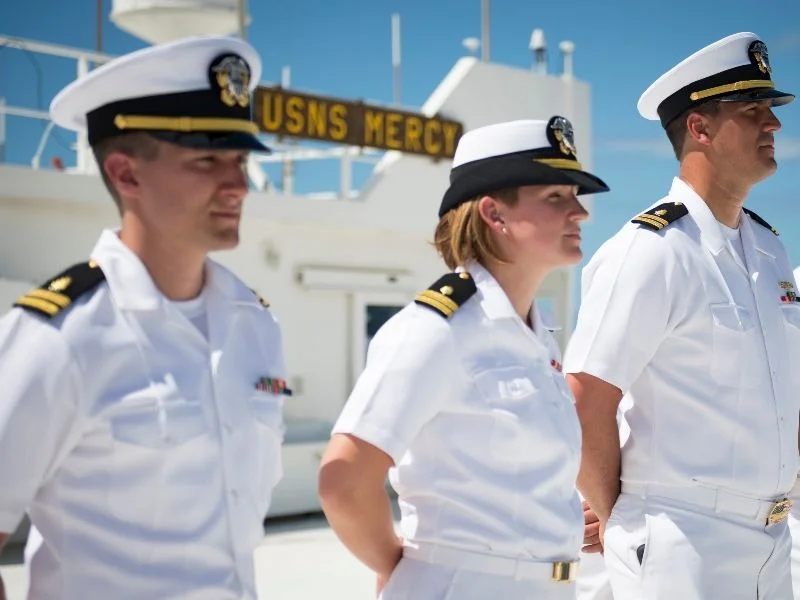By Wasana Nadeeshani Sellahewa
(Commonwealth) _ For almost 150 years, training ships have given students the chance to acquire the skills they require. They appear to be here to stay for years to come, since two large contracts for a new fleet of training ships have been granted. The training vessel has undergone a technological revolution, and training standards now need to keep up.
“In calm sea, every ship has a fine captain,” said two-term US President Grover Cleveland. The terrible capsize of the Costa Concordia in 2012 is proof that this is untrue in our modern world. The truth is that even the finest captains occasionally face difficulties in calm waters.
Many of the world’s top captains and crew are what they are due of their experience, which is supported by excellent training, however it is unlikely that this is true for all of them. The majority of any ship captain or helmsperson’s training career is spent on training ships, where some of that instruction is conducted. The opportunity to explore the environment and perfect their abilities is provided by these ships for anyone considering a career in the maritime industry.
The British Navy launched HMS Implacable in the 1850s as a result of how highly regarded the idea of letting individuals set sail with at least some vessel experience was. The experience that might be obtained aboard the training fleet of today is much superior to what it would have been like to walk its decks back then.
There was a flurry of contract announcements, signaling the arrival of the new breed of training ships. With the newest technology on board, the ships will show kids what life will be like in the future. The Dutch shipbuilder Concordia Damen and STC Group have announced a deal. The training school will replace two aging training ship-based facilities it has been using for more than 50 years with the new, environmentally friendly Ab Initio under the terms of the deal.
A fleet of training vessels will be built by the US shipbuilder Philly Shipyard for the US Maritime Administration in only a few days (MARAD). A maximum of 600 cadets can be accommodated on board the National Security Multi-Mission Vessel (NSMV), but it can also be set up to respond to emergencies like natural or man-made disasters. According to MARAD, the NSMV is built to offer a cutting-edge training environment that will guarantee that the US maintains its position as the industry leader in maritime education. Eight classrooms, a complete training bridge, lab areas, and an auditorium are among the many training facilities on board the ship.
Ab Initio from TC Group will be utilized to train students in a variety of grade levels, from elementary to higher professional education. Board member Jan Kweekel commented, “We are honored that the esteemed Concordia Damen shipyard is eager to take on this difficult project alongside us. The construction of a cutting-edge training vessel will be a joint effort going forward.
When developing the vessel, sustainability was one of the top priorities. Its environmental credentials include solar panels, a battery pack, and a hybrid diesel-electric power system. Like several other professions, technology is significantly changing how captains perform their duties. It is not surprising that the emphasis on making sure they are tech heavy, as described by STC Group, “future-proofing” them, runs throughout the latest fleet of training vessels and their specification. But technology is not just advancing in the field of at-sea training.
The way captains carry out their tasks is changing substantially because to technology, just like in many other professions. It is not unexpected that the current fleet of training vessels and their specification place a strong focus on making sure they are tech-heavy and “future-proofed,” as STC Group put it. However, advancements in technology are not limited to at-sea training.








